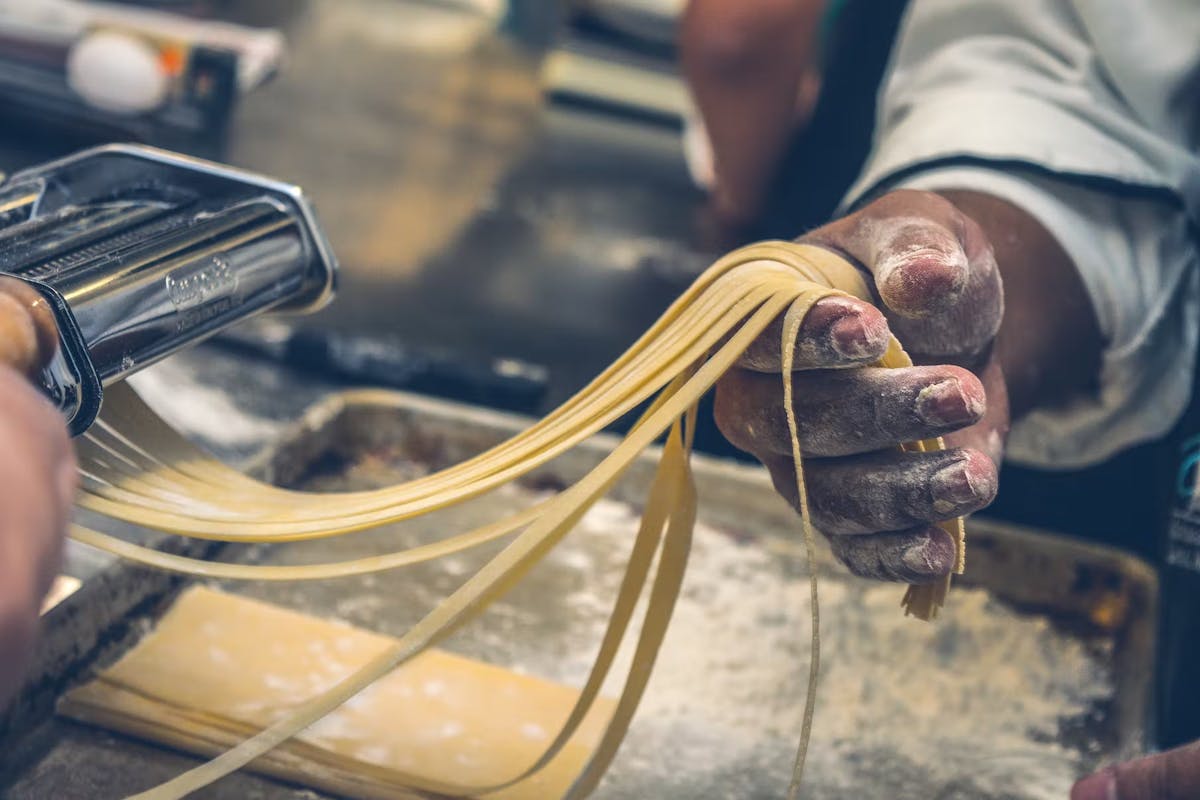The History of Italian Cooking

Italian dishes are one of the major attractions that draw tourists to the country’s shores. The method of preparation, style of dish, and unique flavor that grace Italian cuisines have made them a global interest with many admirers. But, many may not know that this famed admiration for Italian dishes can be traced back as far back as a few centuries. This article will address the rich history of Italian cuisines.
Influences from other Cultures
Italian cuisines have been around for centuries, which are native Italian dishes that have been honed and improved over time. The history of Italian delicacies is interesting as ancient Italy was influenced culturally by the Romans, Greeks, French, and even the Arabs. Who contributed to the variety of the classic Italian cooking ingredients such as the extra virgin oil, Balsamic, vinegar, Garlic, pasta, fresh tomatoes, etc.
After the fall of the Roman Empire, Italy's regions created their own culinary identities that are now the bedrock of Italian cuisines. However, the Roman Empire had greatly influenced the ingredients, recipes, and cooking techniques that are now across the Italian peninsula. But one commonality found in these cooking techniques across Italia is their simplicity. Its most famous delicacies are created by common housewives more than chefs in royal houses or the fanciest restaurants.
18th Century
Significant contributions to the Italian cuisines were also recorded during the colonization of America. With the introduction of ingredients like tomatoes, capsicums, maize, and sugar beet, in the 18th century.
The Mediterranean diets also form a crust of Italian cuisines. This is necessarily the impact of fish, fruits, vegetables, cheese, cold cuts, and wine which are now central to Italian cooking. The country Italy did not unite until the 19th century, and its cuisines can claim traceable roots as far as the 4th century BC.
Italian Dishes Today
Due to trade routes and climatic conditions, these various ingredients had their way of uniquely influencing different parts of the region. For example, Milan is known for its risottos, Naples is famous for pizzas, and Tortellini in Bologna. This resulted from the climatic conditions and proximity to the sea between ancient Italy and Central Europe, Asia and France. Spaghetti is also believed to have spread from Africa to Sicily and Naples.
Today, Italian cuisines deeply feature traditional culinary practices within the region and are built on the quality of ingredients and techniques. Italian cuisines now account for £200 million worldwide with popular recipes and dishes.
Italian Cusine At Bar Enza
Understanding the history of Italian cooking can help you know why the people of this rich culture make their food the way they do. As is acknowledged worldwide, there is barely any country that makes great food like the Italians. Bar Enza will help you both encounter and appreciate the rich history of Italian cooking on your next visit. Dive into our menu and contact us today to make a reservation.
